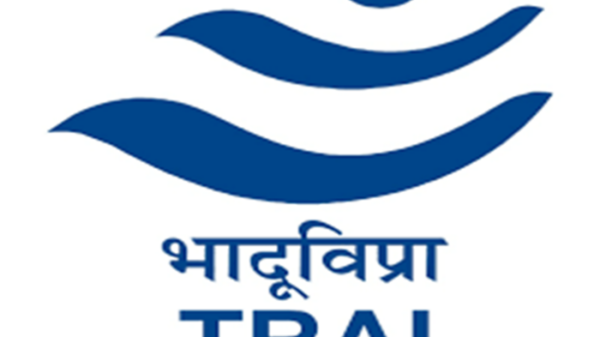Some of the "blunt strategies" proposed in India's Non-Personal Data Report could harm Indians, isolate Indian companies from their global counterparts, and lead other countries to "retaliate" with similar “data nationalisation” measures that would be counterproductive to India’ interests", Mozilla said in its comments to the non-personal data report by MEITY's committee of experts. While the report focuses on enabling access to data for the Indian government and businesses, "ensuring the privacy and security of this data is merely noted as an afterthought in most instances". Before setting a framework for non-personal data, the government should prioritise the passage of a strong data protection law, accompanied by reform of government surveillance. "Ultimately, a maximalist focus on boosting domestic industry could hurt the very businesses it is meant to serve, while limiting competition, and diminishing the choices of users. These impacts would be magnified if another country were to enact a similar regime on Indian firms," Mozilla noted. Issues: categories a problem, non-personal data includes trade secrets Treating data as a national resource is problematic: This approach not only undermines the Puttaswamy judgment, but paves way for regulations "that undermine individual rights and is in stark contrast to the expectations of Indian users". Replacing the fundamental right to privacy with the ownership notion, which itself can be "easily divested by state and non-state actors", "leaves individual autonomy in a precarious position", Mozilla said. "How can one have individual autonomy when one’s privacy may be violated by virtue of being a member…





























